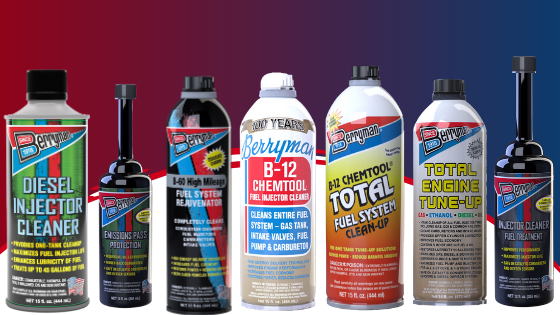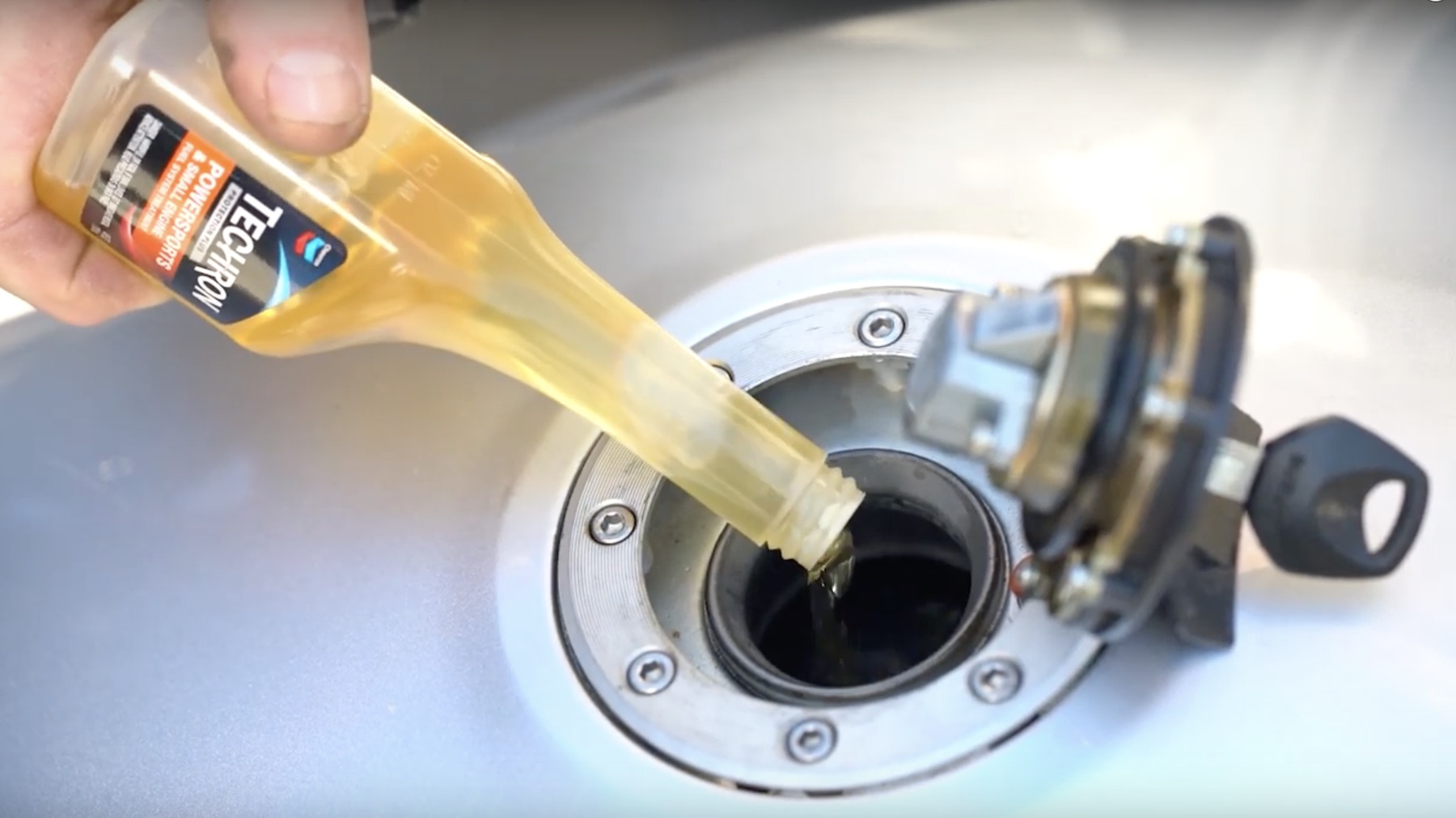Unraveling the Mystery of Fuel Additives: Are They Worth It?

by AutoExpert | 9 August, 2024
Ever wondered what’s really going on with those fuel additives you see at the auto shop? Let’s dive in and separate the facts from the fluff.
What's the Deal with Fuel Additives?
First up, there's a difference between the additives mixed into your fuel at the refinery and the ones you might pour into your tank. Everything that's added at the refinery is strictly regulated by the Clean Air Act, thanks to the EPA. These additives must be registered and sometimes tested to ensure they burn off completely in your engine without leaving nasties behind.

But here's the scoop—our fuel already comes packed with these EPA-approved goodies to help control deposits even before you think about adding anything extra at the pump. So, you might be wondering, do we even need those aftermarket bottles?
Types of Additives: What's in the Mix?
From the get-go, fuel additives come in various forms:
- Additives to stop wax settling and improve fuel flow.
- Deicers and biocides to keep things running smoothly, no matter the weather.
- Additives that prevent foaming, stabilize fuel, and reduce corrosion.
- Plus, there are smoke-suppressant additives for cleaner burning.

And what about the ones you add yourself? There are plenty on the shelves:
- Fuel-system detergents: These claim to zap build-up in your fuel lines.
- Fuel-injector cleaners: These target the gunk in your injectors but check if they're really needed based on your car’s age and fuel quality.
- Fuel economy optimizers: These are tricky to test but become popular when fuel prices spike. They might save you some fuel, but could they be dialing down your power too?
What About Diesel?
Diesel additives are a different beast because diesel fuel has its own unique needs. Depending on the season, you might find additives in diesel that help reduce drag in pipelines or improve lubrication. There’s even diesel exhaust fluid, like AdBlue, that helps reduce emissions.

And Fuel Stabilizers?
Fuel stabilizers are specific products designed to keep fuel fresh, especially when it’s stored for long periods. They’re not the same as broader gas treatments and are a must if you’re parking your car for the long haul to prevent fuel from spoiling.
Do Fuel Additives Actually Work?
Here’s the bottom line—many claims by additive manufacturers are a bit over the top. Some EPA-approved additives do their job cleaning out valves and injectors, but don’t expect miraculous improvements. Any noticeable boost in gas mileage often comes from smarter, more economical driving rather than just a bottle of additive.
Therefore...
Choosing the right fuel treatment is more about nudging up your engine's efficiency and performance and less about expecting dramatic transformations. Stick to EPA-approved options, follow the usage instructions carefully, and be a bit skeptical about lofty claims. Remember, for most modern vehicles, the additives already in your fuel are doing a pretty good job. So next time you’re eyeing that bottle of fuel additive, consider what your car really needs to keep running smoothly.

















